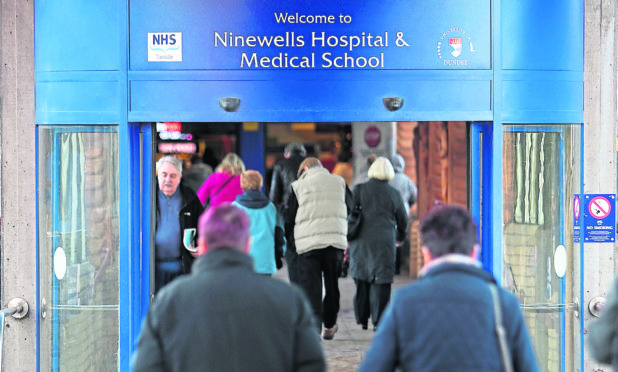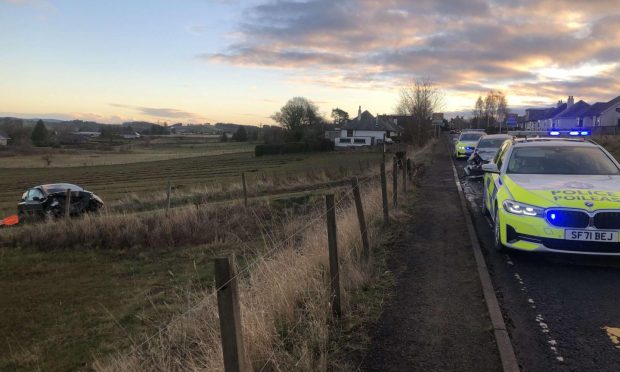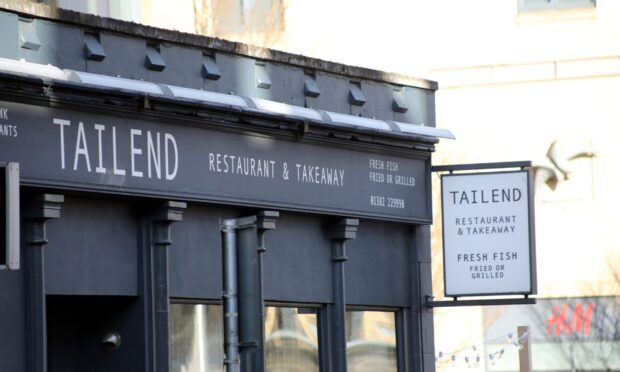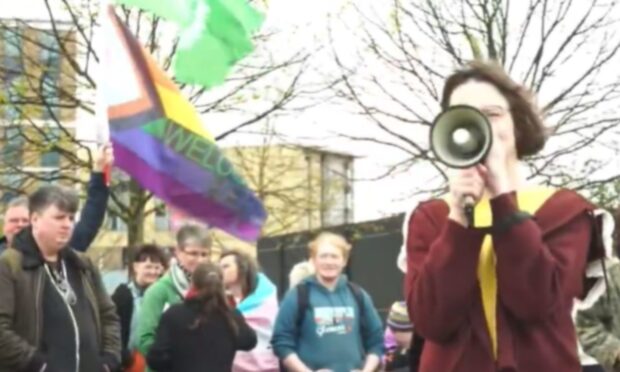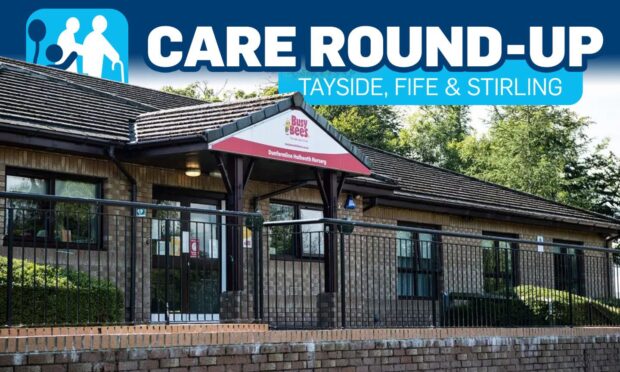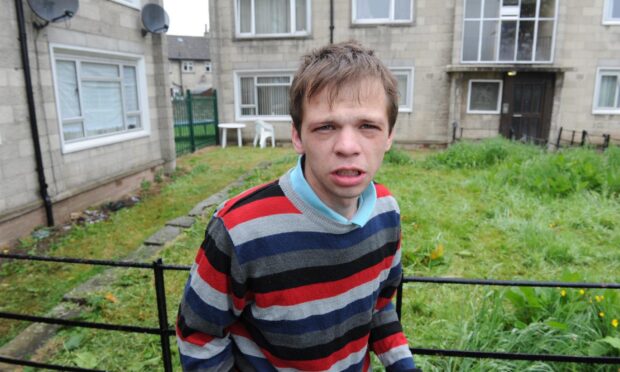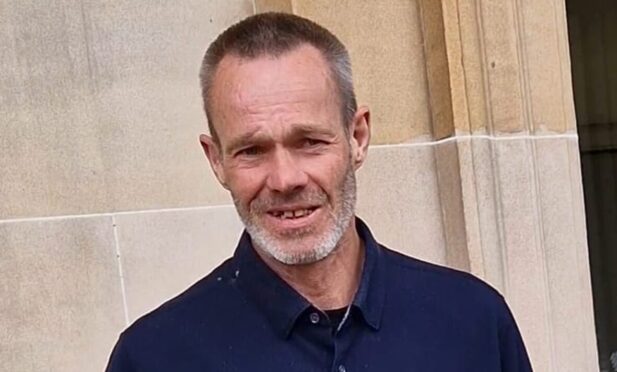A leading charity has slammed the “extremely concerning” decision to provide lower than normal chemotherapy doses for breast cancer patients in Tayside despite a reported lack of supporting evidence.
NHS Tayside has asked an independent expert to review the treatment of 14 patients who died between December 2016 and April 2019 following the revelation 304 individuals were given weaker levels of Docetaxel than those in other parts of the UK.
The issue first came to light through a whistleblower.
A report by Healthcare Improvement Scotland (HIS) found healthcare professionals working for the board shared fears patients were not being consulted about lower doses, as doctors refused to endorse using the standard 100mg.
Ashleigh Simpson, policy and campaign manager (Scotland) for Breast Cancer Now, said the charity was “concerned” to learn the details of the report and encouraged those who think they may be affected to contact their GPs.
“It’s extremely concerning a decision was taken to offer a lower dose of FEC-T chemotherapy to all patients and we now need to understand what clinical impact this may have,” she said.
“It’s vital that the same standard of care is in place no matter where patients live in Scotland, with best practice guidelines and patients’ individual circumstances being taken into account to enable patients to make informed decisions about their care.
“It’s also completely unacceptable Oncotype DX has not been routinely offered to eligible patients in NHS Tayside.
“Tests like this can be vital in guiding decisions about whether chemotherapy is necessary or whether early breast cancer patients can be safely spared its difficult side-effects, and we must ensure equal access across the country to enable all Scottish patients to receive the best treatment for them.
“These issues must now be addressed as soon as possible. We hope that NHS Tayside will act swiftly on the recommendations of this report.”
The health board said it is “really sorry” to patients and families affected, and will now revert to the standard 100mg dose for Docetaxal.
However, North East Labour MSP Jenny Marra said there were still “serious questions” to be answered.
“There should be a public inquiry established with urgency to clarify why this situation was allowed to happen and went unchallenged until a whistleblower had the courage to speak out,” she said.
“Serious questions need to be asked of the doctors and management at Ninewells. Staff said they were in ‘lockdown’ and had to continue to give low dosages of chemotherapy.
“This is a serious question for NHS management as patients were being treated with low dosages while an investigation was under way.”
Professor Peter Stonebridge, acting medical director at NHS Tayside confirmed all affected patients will be offered an appointment with an oncologist. He noted the expert panel which reviewed the HIS report found the risk from lower doses was “very small”.
Professer Stonebridge added: “We want patients to know we are taking this issue extremely seriously and putting in place all the changes to ensure we provide a high quality breast cancer service in Tayside.”
An NHS Tayside spokeswoman said: “These patients received breast cancer chemotherapy during the time period December 1, 2016 until March 31, 2019. The findings will be shared with the families.”
First Minister Nicola Sturgeon confirmed she expects the results of the review to be ready by June.
